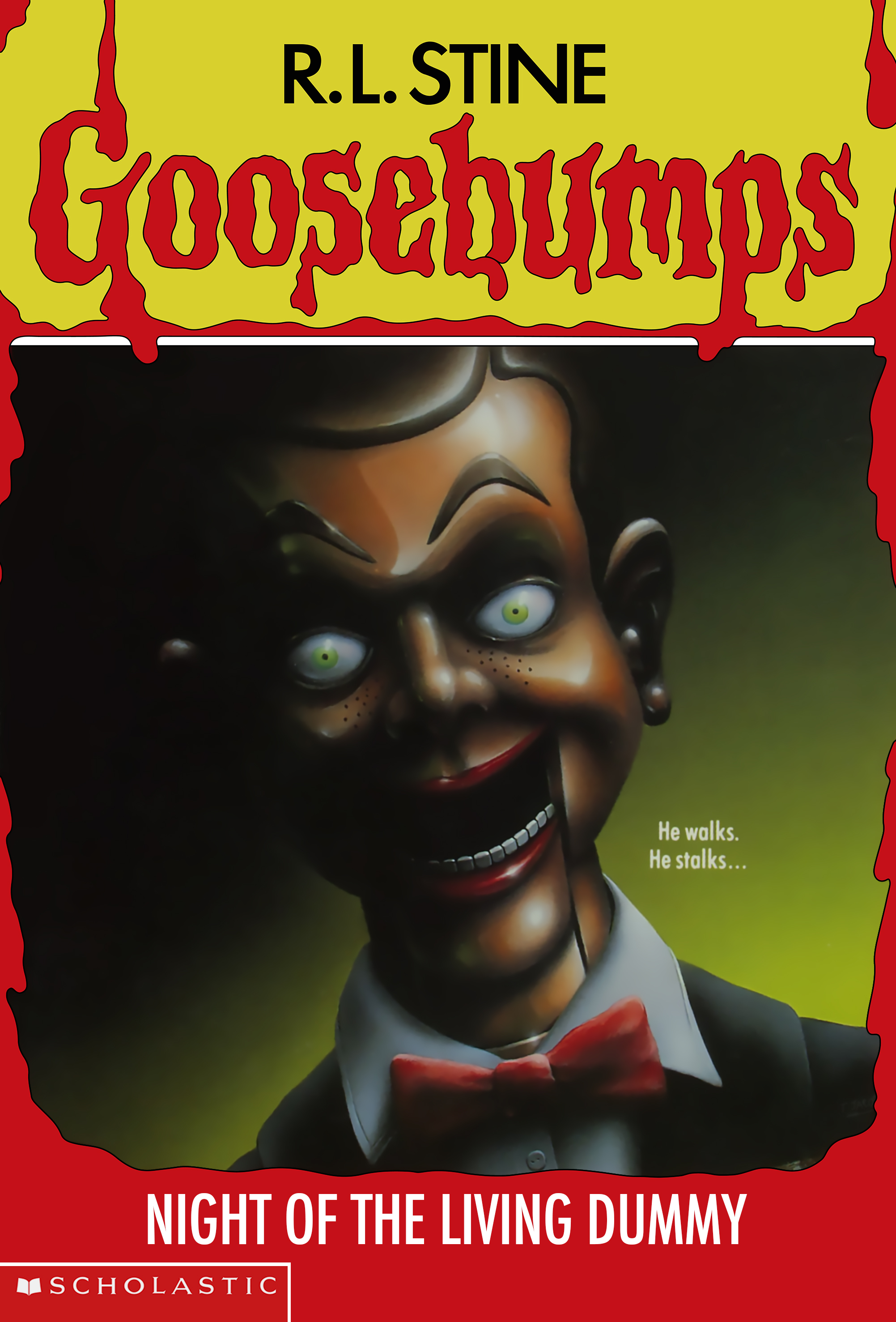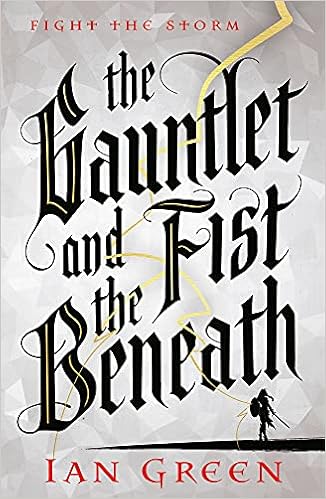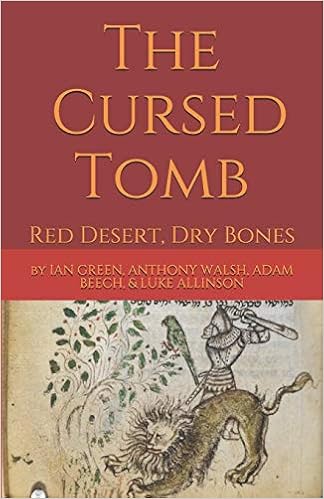Hello hello, my wonderful fellow creatives! We find ourselves caught in the whirlwind that often billows about in the middle of summer. After a few good swimming lessons, the kids are determined to prove themselves ready for their own Olympic-style marathons in the water. So long as they don’t participate in another round of “Toss the dead fish” as some other kids did at the beach, they’ll be fine. 🙂
While they splash and holler at one another in the lake, allow me to introduce another lovely fantasy author whose debut novel hits bookstores this month. My friends, meet Ian Green!

Niceties first! Tell us a bit about yourself, please.
Hello! I’m Ian, I’m a writer from Northern Scotland. I have a background in scientific research (working on cancer epigenetics!) and I’m currently based out of Algiers. Whenever I can I spend my time hiking in the woods or clambering around ruins. My first novel, The Gauntlet and the Fist Beneath, is out this summer. It is an epic fantasy- book one of a new trilogy!
What was an early experience where you learned that language had power?
My dad had an old paperback of The Lord of the Rings- all three volumes in one huge thick book, with an amazing John Howe painting of Gandalf on the front cover looking utterly mysterious and serious. I remember reading that when I was too young to understand most of it, but the cadence of the language and the weight of the words, the way Tolkien’s writing could summon images in my mind astonished me- the imagery of the shire felt true to me in a way I didn’t think fiction could be. That, and perhaps reading Goosebumps in the school library and managing to scare myself- how can a word elicit such strong emotion? I was hooked.

Hey, there are plenty of Goosebumps books that scared me as a kid by their insides–and outsides! I had to stay away from any volume with that ventriloquist doll the cover. (Shivers.) What authors did you dislike at first but grew into?
I struggled with Cixin Liu for a long time- I found the start of The Three-body Problem impassably dense, and the characters didn’t resonate with me throughout. I think I was coming from a long run of character driven SFF and this was such sweeping, concept driven SF that I just couldn’t seem to find a purchase. I’m so glad I stuck with it- the second book in that series, The Dark Forest, is one of my favourite SF books.
What’s your favorite under-appreciated novel?
Malagash by Joey Comeau– I’ve been a huge fan of his work for a long time, and this novel is so tender and sad and brutal and sweet. It delivers perfectly, a dark humour running throughout even as it prises open your heart. Utterly incredible. I want to give a copy to everyone I know.
Have you read anything that made you think differently about fiction?
The book that made me think differently about fiction was The Bridge by Iain Banks. My mum gave me a copy when I was probably too young to understand a lot of it- but I understood the sheer audacity and fun it was having. It was having so much fun with structure and there was such a joy to it. For me fiction can serve so many purposes, from light entertainment and escapism to far heavier explorations. The Bridge to me was a book that did all of those without a thought to convention, and did it all with a smile.
Ah, that sounds like a marvelous story! Any book that not only is run to read but to experience sounds like a perfect find in my, well, my book. 🙂 Speaking of books, Congratulations on your debut fantasy novel The Gauntlet and the Fist Beneath! I love hearing about fellow fantasy writers’ worldbuilding process. Did you base Gauntlet’s world on your Scottish homeland, or was other research involved in creating the story’s setting?
Certainly, Scotland was a huge source of inspiration. When I wrote this book I knew I wanted to set myself a few challenges regarding the culture I created and the story I was telling, but with the world I wanted to take some of the rugged and harsh beauty of Scotland- to make sure that the physicality of the world had an impact on the society and the world that grew around it. So in terms of geography I took a lot of inspiration from Scotland. Historically I think the Pictish stones scattered around Scotland gave me my first ideas of how the magic of the world might work- the old ideas of celtic animism that have been so long lost were a big inspiration. I wanted to create a world where monotheism had never become a dominant force, and to take some of the ideas of animism and craft them into a new and novel magic system and world. In terms of the history and cultures represented, I tried hard to make sure I wasn’t echoing any specific histories- I drew inspiration from a lot of history and myth from around the world, and I didn’t want to create a world that was simply a fantasy version of Scotland- I wanted to create something wholly its own, with its own myth and legend and history and forces pushing and pulling at its people.
Building such a rich, complex world is no small undertaking. Do you think it wise that aspiring writers take on such a project, or is it better they try a different method to sharpen their skills?
I think it can be tempting to start hugely ambitious projects (creating an entire world! A ten book series covering the fall of an empire!) but I found more successful to work on shorter pieces while I was honing my craft and voice. This also let me try out lost of different styles and concepts to see what I wanted to do more with.
Ah yes, your short fiction. We’ll get to that in a bit. 🙂 All this world-building must surely take a lot of time in your writing process. Have you ever experienced a blockage during that research, or have ever become overwhelmed by the sheer volume of it all?
I sometimes need reminding to clarify some points of a world’s lore- when you are so deep into research and worldbuilding it can be easy to forget that someone coming to the material fresh is coming from a totally different context and set of background knowledge! Luckily this is something that can be fixed without too much stress normally.
That’s good to hear! The research involved in building a world can easily intimidate any writer, but writing outside of one’s own experience can REALLY put the pressure on a writer these days. The protagonist of your book, General Floré, is a parent determined to fight through any hell to rescue her child. This is a character many of us readers can root for! What challenges did you face as a writer in writing characters from the opposite sex, and do you have any advice for other writers who want to write outside their living experience?
I don’t think for me writing a character of one sex or another held any more challenge than any other sex. In the world of The Gauntlet and the Fist Beneath sex, gender, and sexuality are of far less consequence than they are in our own world, and so I really just focused on character and motivation. In terms of writing outside of my lived experience, in a lot of ways fantasy as a genre frees me up to not worry so much about accuracy except within the confines of what I’ve created. I’m writing from the perspective of seven foot tall lizard people who live in intricate coral reef cities, and people who live under the weight of an eternal arcane storm- nobody has lived those experiences! There are of course more normal experiences where this might come to bear, but all I can do is rely on research and imagination and beta-readers with different experiences to myself to hopefully make sure I am not straying too far from the mark.

Gauntlet is your debut novel, but as your website shows, you’ve published loads of short fiction as well. When you write short fiction, do you know it’ll be short fiction going in, or do some novel ideas transform into short stories in their creation (or vice versa)?
This is a great question- so when I’m writing short fiction I often know that is what I want to do, I will have simple concepts or plots or ideas that I want to play with. For longer work, before committing to writing a whole novel what I normally do is flesh out a few potential ideas and then try and write a short story in each- I can pretty quickly tell which idea I’m excited about and want to keep going with! I always keep those other fragments though- just because I’m not excited about it right now doesn’t mean it might not be a strong contender to flesh out either as a short story or a longer piece later on.
One of my biggest struggles with writing short fiction comes with the worldbuilding. I wanted to say sooooo much in my story “The Hungry Mother,” but there just wasn’t the space. How do you overcome the restraints on worldbuilding when writing short fiction?

I love the challenge of this- it is so difficult to present world-building that feels deep and real in that shorter setting. I try and pare it back so I’m not presenting details that are unnecessary (are all the window frames in this world black for an obscure historical reason? Does this impact the plot? If not, forget about it!). So anything that impacts the plot or the physicality of the character’s situation I try and expand on a little, but unless it is vital I don’t bother expanding on explanations- the reader’s imagination can do a lot of the heavy lifting!
What is the most unethical practice in the publishing industry?
As I was looking for an agent and publisher for The Gauntlet and the Fist Beneath I came across plenty of agents who would charge reading fees, editors claiming they could increase your chance of publication with their proofreading, and services promising to push your book to the right people. I’m not sure I know what the most unethical practice in the publishing industry is, but in general I think there are plenty of bad actors willing to take advantage of people are trying to break into the more mainstream spaces- caution is often a good thing!
Oh, I agree with you there. I’m sure we could all share a story or two of the bad actors who beguile us as writers. That’s why so many of us just choose to “go it alone,” as it were. This means we’re handling all the steps of publishing as well as marketing, and I’ve got to admit it is HARD. Have you worked out any useful way to market your books?
This is my first novel so I’m not sure I’m the best person to ask! I’ve tried to make myself as available as possible for any opportunity- I’m not famous, I’m not particularly well-connected, and historically my social media profiles have mainly been links to music I like and pictures of mountains, food, dogs, and cats. So switching all of that to focusing more on marketing my work has been a strange idea! There are so many communities where you could potentially interact and grow your audience, but I think it is important to try and partition off specific time for this or else you could spend all of your time marketing rather than actually writing.
I also saw on your site that you co-wrote a story inspired by game play! I’ve heard so many friends tell me how Dungeons and Dragons inspires fun fantasy storytelling for them. Would you ever write another story based on gameplay as you did The Cursed Tomb?
The Cursed Tomb is a very fun wee book that is essentially a transcript of a game me and some friends were playing- certainly not something I would expect other people to buy and spend time on, we actually published it more as a memento for the four of us. I do think it is a lot of fun, and very silly- those gameplay stories benefit from the chaos of multiple creators, each of whom can bring their own ideas and background to play. I’d definitely do so again, but unless it was a lot more organised I think it would end up being another artefact for me and my friends, rather than a book I wanted to send out into the world!
Thank you so much for sharing your time, tales, and talent with us, Ian, and congrats once more on your debut novel! Folks, you can check out Ian’s site for more on his fiction, his social media platforms, and more.
~STAY TUNED!~
The Hero of No Name but a Thousand Faces is lingering in the wild dusk. Do we dare let him in?
Yes, let’s. x
Read on, share on, and write on, my friends!





Good to meet Ian in another of your interesting interviews, Jean!
LikeLiked by 1 person
Thanks so much for reading, Chris! I hope you’re doing oodles of creative things these days. 🙂
LikeLiked by 1 person
Trying too! xx
LikeLiked by 2 people
Another wonderful interview, my lady Jean. Loved all Ian’s answers.
LikeLiked by 1 person
My thanks, O Sweet Lady Shey! xxxxxxxx
LikeLike
Fantastic. That Ian Banks book got me through a stormy night on a storm covered mountain in Scotland,
LikeLiked by 1 person
I’ll have to find it–I’ve never read!
LikeLiked by 1 person
Great interview JL. I read The Bridge by Iain Banks years ago (brilliant book) along with several others of his, though never got around to his sci-fi books. Still time, though…
LikeLiked by 1 person
There is always time for one more, my friend. Thanks for responding! x
LikeLiked by 2 people
Nobody does writer interviews better, Jean… Thank you for another excellent insight into a fellow author’s creative drives and processes, which I always find fascinating:)).
LikeLiked by 2 people
I’m so glad you enjoyed it! It’s always exciting to see how others brew their stories. 🙂
LikeLiked by 2 people
It certainly is:)).
LikeLiked by 2 people